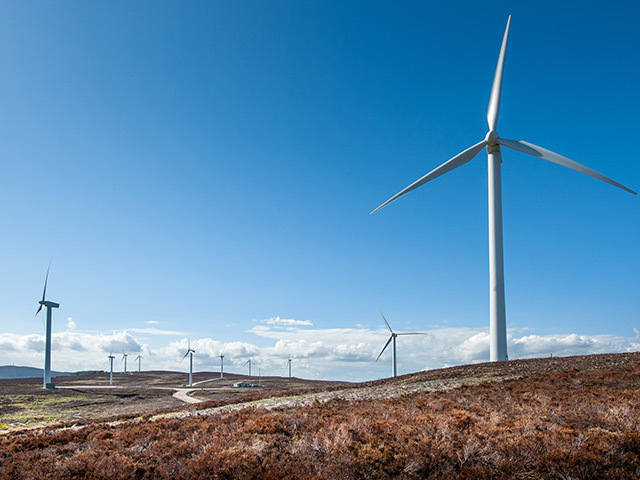
A new system of subsidies for renewable energy in the UK has been given the green light by the European Commission.
The “contracts for difference” scheme, which will pay a guaranteed price for electricity generated from projects such as offshore wind farms, with the cost added to consumer bills, aims to give investors certainty to back low-carbon generation.
The European Commission has concluded the contracts for difference meet rules on providing state aid.
It also found that providing public support worth £9.7billion to five offshore wind farms, which were awarded contracts for difference early without competition to avoid delays in investment, were in line with the rules.
The Commission said the projects furthered European Union objectives such as promoting renewable energy and environmental protection, without unduly distorting competition in the Single Market.
“The UK contracts for difference encourage all renewable energy technologies producing electricity to compete against each other for support beyond 2016,” said Joaquin Almunia, Commission vice-president in charge of competition policy.
“It is a fine example of how to promote the de-carbonisation of the economy with market-based support mechanisms, at the lowest possible cost for consumers.”
Under the £15billion contracts for difference scheme, “established“ renewable technologies such as onshore wind, solar farms and “green” gas from landfill or sewage sites will compete against each other in auctions for financial support.
Newer and more innovative technologies such as offshore wind, tidal stream or geothermal energy will initially benefit from allocated budgets to promote their development but will also be subject to auctions.
The European Commission has yet to rule on three biomass projects which were given early contracts alongside the offshore wind farms.
The support given to the eight early movers raised concerns from the National Audit Office (NAO) that it did not secure the best deal for consumers by awarding more than £16billion in contracts without competition.
The UK is also waiting for the Commission to rule on whether the subsidies negotiated with French energy giant EDF for power generated by the planned new nuclear power plant at Hinkley Point, Somerset, are in line with the rules.
Energy and Climate Change Secretary Ed Davey welcomed the Commission’s decision.
“This is great news, and shows that our major reforms to the electricity markets are urgent and needed to turn around the historic neglect of the sector,” he said.
“We are the world leader in investment for low-carbon energy and energy security. The average annual investment in renewables has doubled since 2010 – with a record breaking £8 billion worth in 2013.
“And we’ll continue to lead in building a low-carbon electricity sector based on home-grown energy sources, reducing our reliance on polluting fuels and volatile energy markets at the lowest possible cost to consumers.”
Simultaneously, the European Commission has also approved the UK’s planned “capacity market”, which will provide payments to generators to ensure there is enough power available to meet peak demand.
Existing and new generators, operators of energy storage systems and schemes which reduce power demand will all be able to bid in annual auctions for the payments to provide needed electricity capacity.
Environmental campaigners have raised concerns that the capacity market will provide millions of pounds a year in payments to old, polluting coal fired power stations up to 2033, undermining efforts to tackle slash carbon emissions from the power sector.
Recommended for you
